Signature of the Declaration on Universal Access to Maternal Healthcare by 174 MEPs is a clear sign that universal and equitable access to maternal health is a priority.
MEP Filiz Hyusmenova (BG, ALDE) tabled the Written Declaration on universal access to maternal healthcare in the European Parliament, with a view to pushing maternal healthcare up the list of political priorities for Europe; written declarations in the European Parliament are a mechanism used to launch or relaunch a debate on a particular subject.
It’s clear from this result that the debate on maternal health is relevant, active and building momentum.
174 MEPS representing the large majority of Member States and political groups signed the Declaration, showing beyond a doubt that this is an issue for Europe as a whole, regardless of political affiliation.
5 million women give birth in Europe every year. In 2013, there were an estimated 1,900 maternal deaths in Europe. 1 in 10 women don’t have access to care in the first months of pregnancy. Furthermore, changing demographics, increasingly diverse populations and active cross-border mobility mean that we don’t really have a grasp of how bad the situation actually is. Will a woman’s challenging path to motherhood remain a hidden statistic that nobody fully understands or appreciates?
The time to act for mothers of our future generations in Europe is now:
The Alliance for Maternal Health Equality is grateful to all MEPs who signed the Declaration and who are engaged in challenging the status quo in maternal health. We will continue to promote this issue as we strive to deliver a better future and more equitable access to maternal healthcare for all women, regardless of their background or socio-economic status. The Declaration was among our first steps towards achieving this, and the support of our champions has been more than crucial in moving forward.
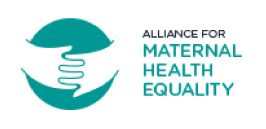

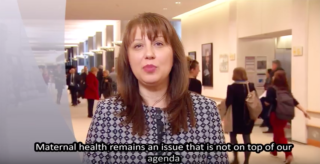
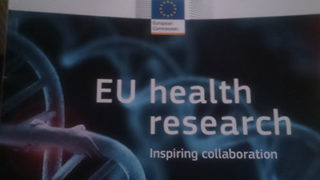

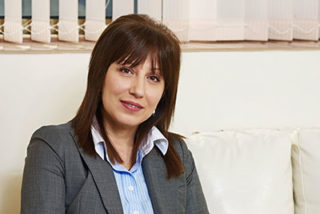


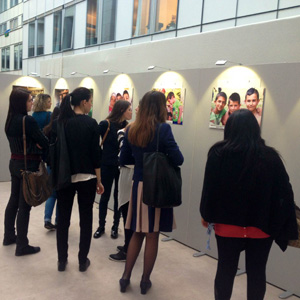
 MEP Filiz Hyusmenova, champion of the Alliance for Maternal Health Equality and at the forefront of the Declaration on universal access to maternal healthcare, organized and hosted a photographic exhibition at the European Parliament on the lives of minorities in Bulgaria.
MEP Filiz Hyusmenova, champion of the Alliance for Maternal Health Equality and at the forefront of the Declaration on universal access to maternal healthcare, organized and hosted a photographic exhibition at the European Parliament on the lives of minorities in Bulgaria.

